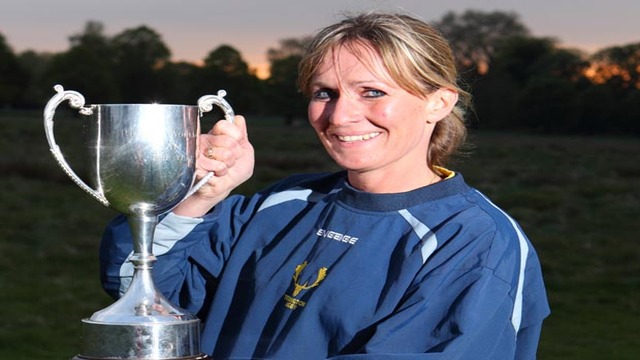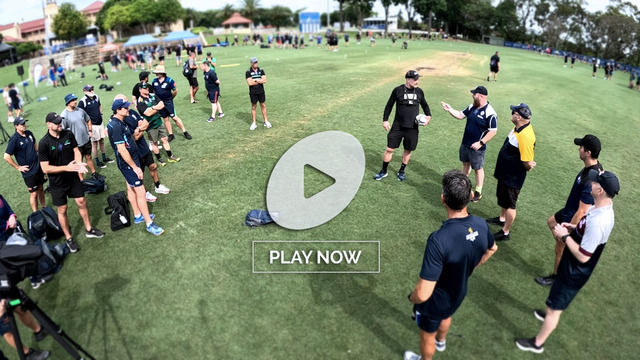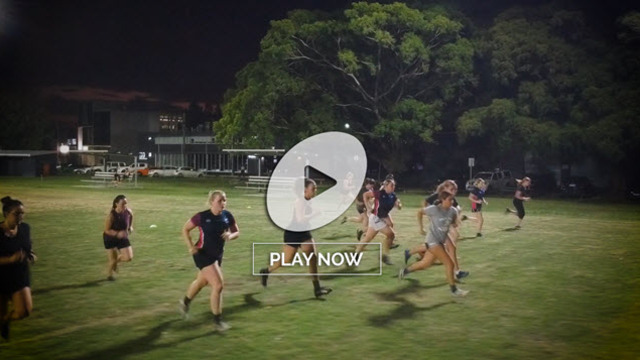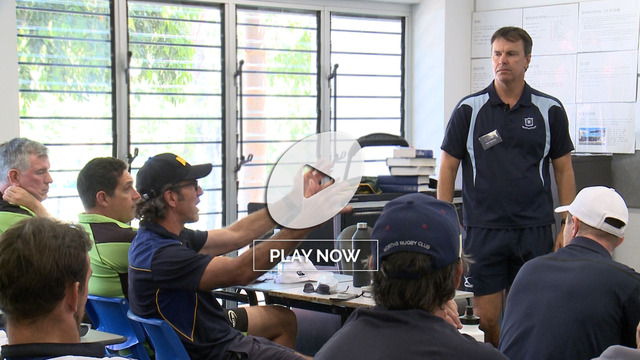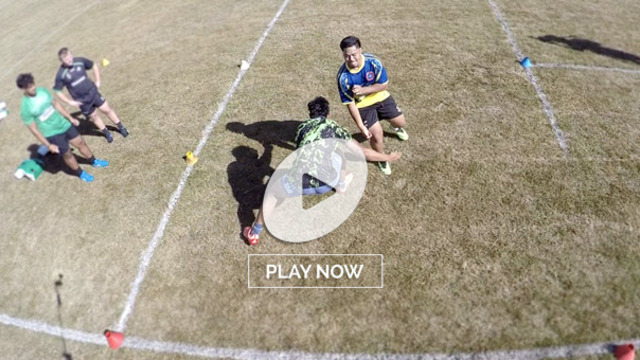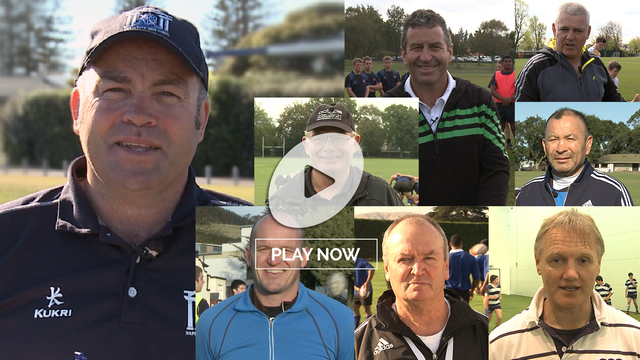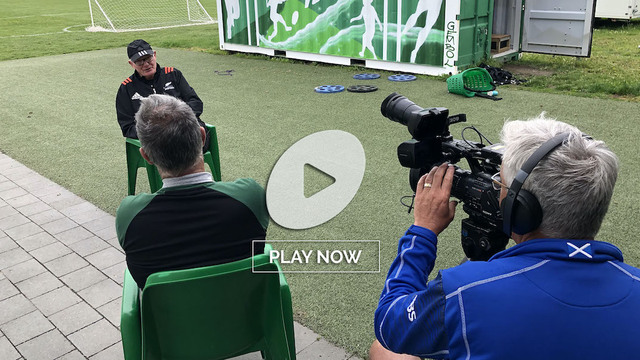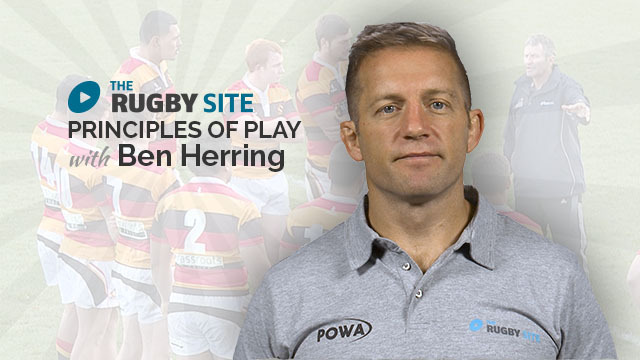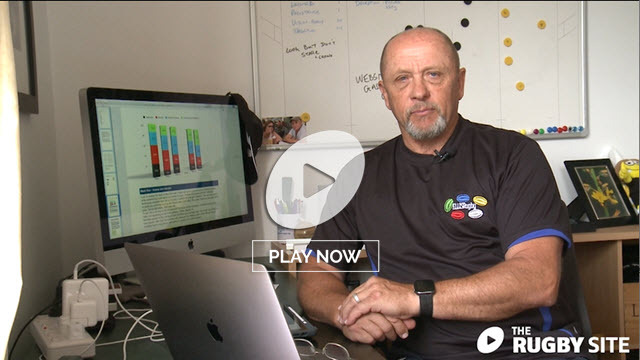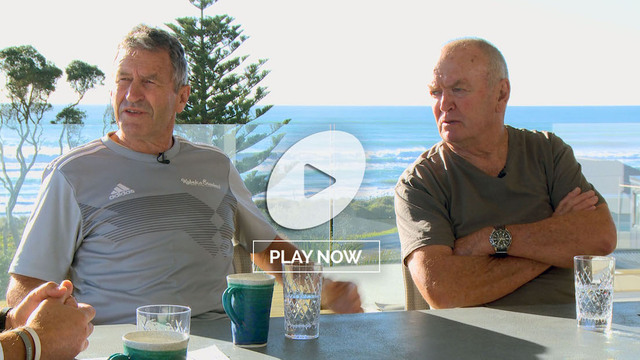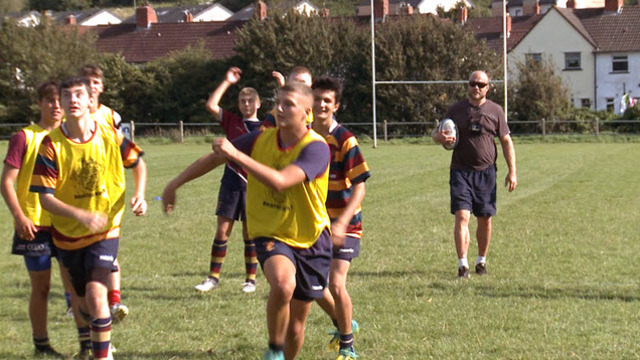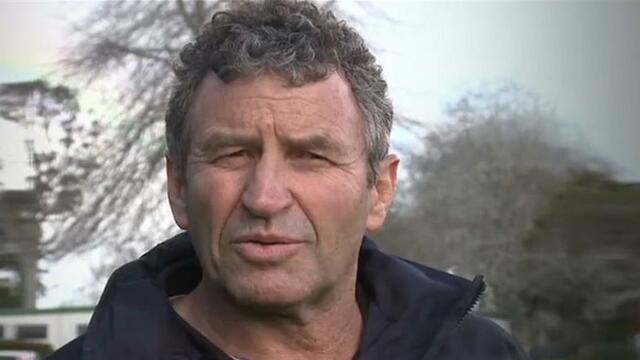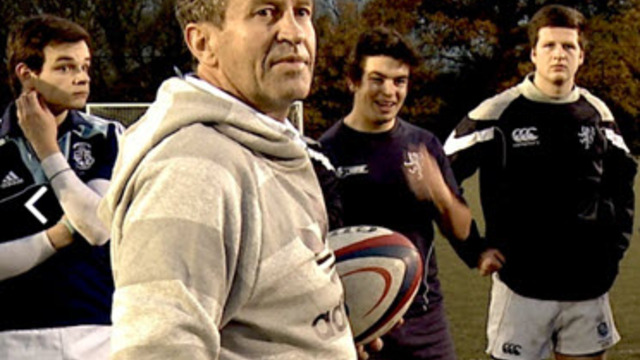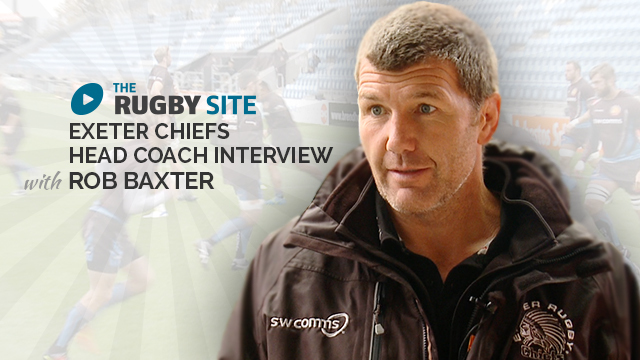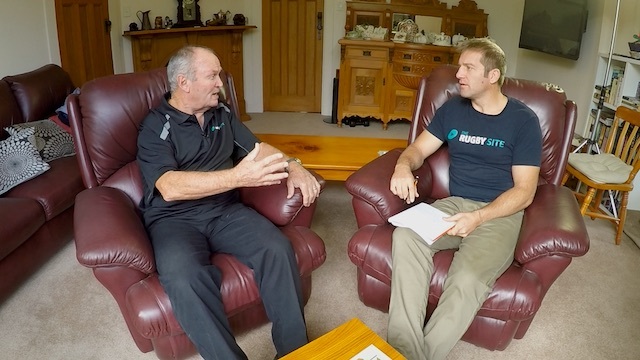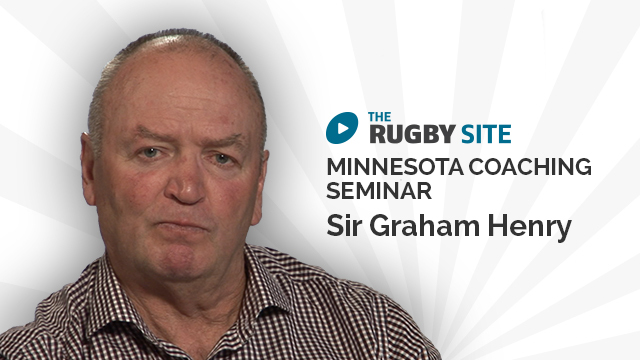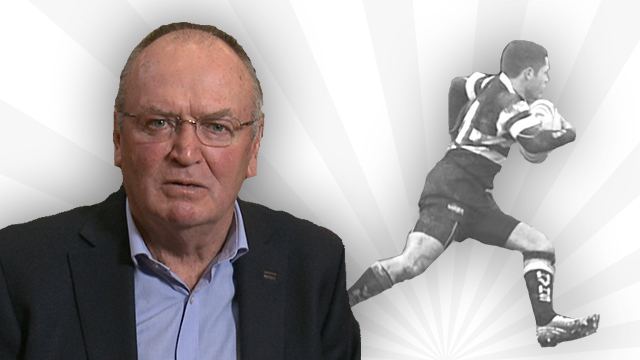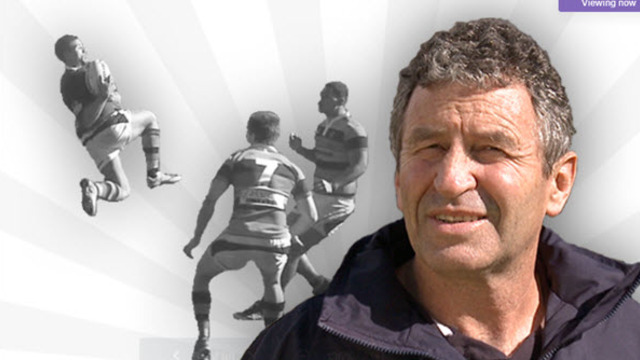As Andy Murray marches on in the defence of his Wimbledon title under the gaze of his new coach Amelie Mauresmo, another woman is hoping to follow her lead and shake-up rugby union’s male-dominated coaching ranks.
London Irish academy manager Giselle Mather is the most qualified female rugby coach in the country but she would rather you didn’t see her as that. Mather refuses to be defined by her gender. She is a coach, and a respected one at that, who has her eyes set on becoming the first female coach to grace the Premiership stage.
“If the right role is on offer then I feel that with the skill set I’ve got that I could do a really good job,” said Mather, a member of the England side that captured the Rugby World Cup crown in 1994 who
has also enjoyed successful coaching stints with Wasps Ladies, England Women at U20’s and senior level, and Teddington RFC.
A dearth of full time coaching positions and a desire to coach the very best drew her to the men’s game and a chance encounter with Toby Booth during her training would later lead to her introduction into the Exiles’ coaching structure.
But Mather knows she will require more than good fortune to secure a top coaching position with a Premiership side. “You need someone who is an innovator and with shoulders broad enough to take
the comments,” said Mather. “I had that in Toby Booth. He judged me by what he saw, the way I saw the game and how I worked. He didn’t see that I was female doing it, it didn’t bother him at all. He doesn’t care what people think and is prepared to do what he feels is best and for the first few females to get on you need innovators prepared to do that. Then it is down to people like me to show what I can do.”
Mather must also overcome cultural barriers that women face in all aspects of life. For example, while women make up almost a quarter of the board members of FTSE 100 companies only 22 of the 289 executive directors are female. But Mather is adamant that far from being a gamble, the introduction of a female coach as a key decision maker could reap rich rewards.
“You don’t want clones in the coaching room, you want diversity,” she insisted. “There may be the odd argument but from that argument comes better practice and better performance. And those coaches that see you need diversity are those that would be prepared to give a female coach a chance.” Mather admitted it is a ‘logistical exercise on a daily basis’ juggling her family life with her professional commitments that include convincing those who doubt her ability to do the job.
“It comes down to the attitude of the players,” she explained. “If the athlete has been coached by a woman before then he sees the coach before he sees the gender. If you look at it from Andy Murray’s perspective, he had his mum as a coach so he doesn’t even see Amelie Mauresmo as a women first, he sees her as a coach then a female. “And if you ask any player who I have ever worked with and who has now gone on to play Premiership rugby or whatever, they do not have an issue with a female coach. The boys here now do not say, ‘oh its the girl coach’, it’s just ‘my coach’ and that’s how I would want it to be.”
Just like England head coach Stuart Lancaster, Mather is former PE teacher but that is not all they have in common. “I would call myself an attack coach but I am also into the cultural side of it all, the standards and how to cope with the pressure,” she added. Mather also uses Lancaster to dismiss the argument that she must have played the men’s game to the highest level in order to coach the best of the current generation. “If you look at Stuart Lancaster, he didn’t play to the top level but has worked at all levels of the game and is a brilliant communicator who has done an amazing job of turning the whole England team around.”
She is also a keen student of his coaching blueprint. “He’s holistic in his approach to his athletes, he knows about them, their families, their interests, their values, he understands how each of his players tick. “Lots of people are under the misconception that you have to have played at the top level but I think there are several female coaches who have similar skills, know their players, are good at communicating and getting the best out of their players and to me that is really important at the top end of the game.”
Mather is not alone in breaking down what has been a male-dominated area with more and more female Level 3 coaches working in the game. Referee Claire Hodnett has also recently become the first woman to be appointed to the RFU’s national panel of referees. As a result she is likely to referee National League and Championship games next season as well as this summer’s Women’s Rugby World Cup in France.
But Mather is aware she is a flagbearer for those female coaches hoping to follow a similar coaching path. “When I am out with my athletes I don’t think about it, I just love what I do,” she said. “I try not to attribute too much to my gender but I do feel a responsibility to make sure I do the best I can do but I am kind of driven that way anyway. However, I do know that if I do spectacularly mess up then I am not making things easy for the next person.”
Is Mather confident she can break the ultimate glass ceiling? “The role has to be right for my skill set just as it would have to be for any male coach,” she explained. “It would also depend upon need, from Murray’s point of view, he needs what Amelie Mauresmo can offer at the moment. “It will also depend upon the vision of other people and needs of a side as a whole. Maybe I need to move from here and do a completely different job that may equip me better for that role.
“It could be a year from now, it could be 10 years. I just feel that as time goes on and as my ideas and thoughts about things develop, the fact that I am female shouldn’t stop me from doing it.
“They thought we would never have a female PM but we did. It will happen in time. Whether it is me, we’ll see.”
Is the Premiership ready for a female coach? How could she use her perspective and skill set to give a Premiership team an edge?
